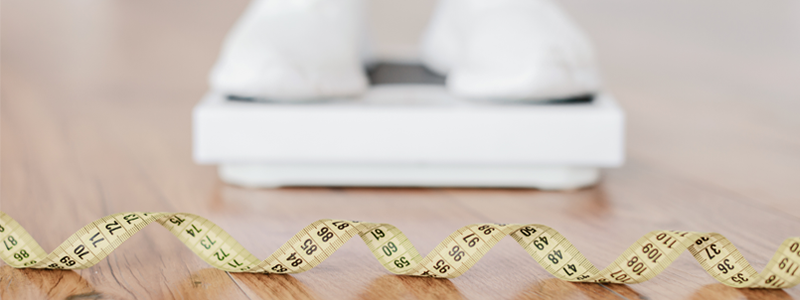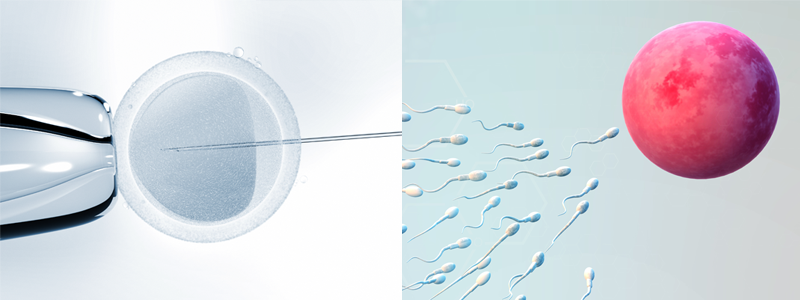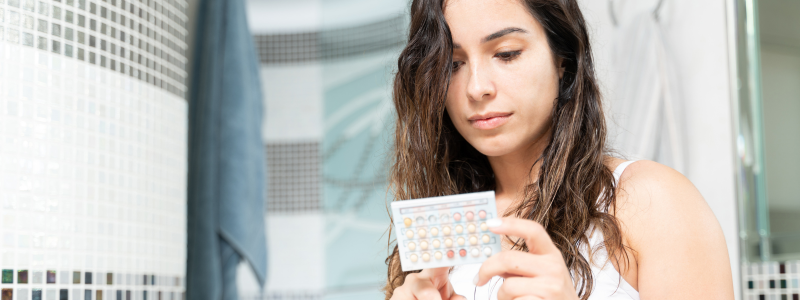Trying for a baby is a big step. It can be a hugely emotional journey, especially if you aren’t falling pregnant as quickly as you had hoped. While figures show that more than 80% of couples having sex regularly without contraception will conceive within one year, there are a number of lifestyle choices you can make to positively impact your fertility.
By adopting these simple lifestyle changes, you can ensure you are giving yourself and your partner the best chance of conceiving.
Give up smoking
The NHS advises against smoking and breathing in other people’s smoke. Smoking can reduce the quality of eggs in women and has also been connected to early menopause. In men, there is a link between smoking and poorer quality semen or damaged sperm.
Maintain a healthy body weight
Both men and women should maintain a healthy body weight when trying to conceive. For women, too much or too little body fat can upset your cycle and interfere with ovulation, so maintaining a healthy BMI of 20-25 is really important. Additionally, if a woman’s BMI is above 30, she risks being excluded from NHS-funded IVF treatment. Men with a BMI of over 30 are also likely to have lower fertility than normal.
To maintain weight as well as improve your overall wellbeing, you should exercise regularly. In fact, research shows that women who exercise for 30 minutes every day may have a reduced risk of infertility. It’s best to keep it light, so consider long walks or jogs, whatever suits you best.
If you need to lose weight, restrictive high fat or low carb diets are not a good idea. Speak to your GP for advice about a healthy approach to weight loss.
Avoid alcohol consumption
When trying to conceive, we recommend that you don’t drink alcohol. In men, excessive alcohol consumption can affect the quality of sperm, so it is important to stick to NHS alcohol intake guidelines of no more than 3-4 units in a day, or 14 over a week. Women should also be aware that alcohol can harm developing babies, so the Government recommends that if you’re trying to conceive, you should drink no more than 1 or 2 units, once or twice a week. If you have concerns, check with your GP for specific advice.
Review any drugs, medications or prescriptions you take
It is important that you go through and check any prescribed or over the counter medication that you take regularly as some medicines can affect fertility. If you are concerned, make an appointment with your GP to discuss your options.
Recreational drugs including cannabis, cocaine and anabolic steroids can also have an impact on your fertility, or a developing baby.
Consider your diet
Maintaining a balanced diet consisting of plenty of vegetables, whole grains and fruit is great for your overall fertility health. Some people also try to reduce their caffeine intake (in tea, coffee, cola or energy drinks for example) and eating fish several times a week can be beneficial as it’s a good source of omega-3 fatty acids (although fish with high levels of mercury such as swordfish, tuna and marlin should be avoided).
If you maintain a balanced diet, there is no need to take pregnancy multi-vitamins. However, we do recommend taking 400 micrograms of folic acid per day, and it’s worth checking with your GP whether you have sufficient levels of Vitamin D.
Check your day-to-day environment
Working in an industry where you’re regularly exposed to pesticides, chemicals or x-rays can have an impact on your fertility. If you have any concerns about your day-to-day environment, you should discuss this with your GP.
Finally, try to relax
Although easier said than done, do what you can to manage stress levels and keep positive. Trying exercise, yoga, meditation, acupuncture or any other activities that put your mind at ease can be hugely beneficial for your fertility health.
Although trying for a baby can be a stressful and emotional time, these small adjustments to your lifestyle can prove hugely beneficial to your reproductive as well as general health. By putting into practice the advice around maintaining a healthy weight, regular exercise and removing damaging factors like smoking and excess alcohol, you will optimize your chances of conception, so putting the best foot forward as you start your fertility journey.
If you would like to discuss your fertility in more detail then our experienced patient support team can help and offer free, impartial advice so please contact us.






